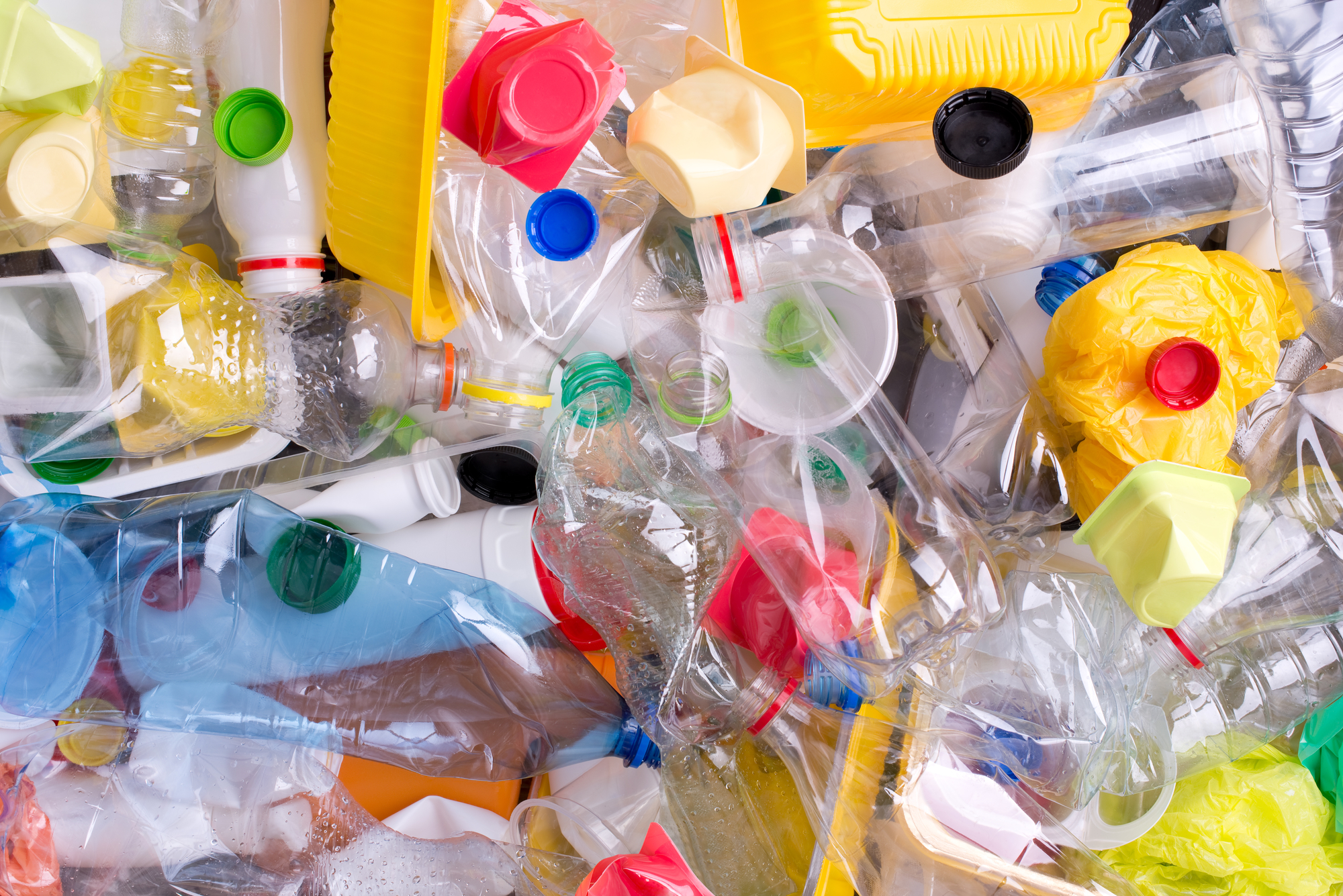Revolutionizing Plastic Recycling - How Aduro Clean Technologies And Advocates Like Yazan Al Homsi Are Paving The Way For A Sustainable Future
Despite concerted efforts from governments and industries towards achieving a circular economy for plastics, the grim reality reveals a stark disparity: a mere 10% of plastic waste undergoes recycling worldwide.

May 06, 2025
The escalating crisis of plastic waste accumulation poses one of the most daunting challenges for the global environment today. Despite concerted efforts from governments and industries towards achieving a circular economy for plastics, the grim reality reveals a stark disparity: a mere 10% of plastic waste undergoes recycling worldwide. This alarming statistic underscores the critical need for innovative solutions in the battle against plastic pollution.
Among the pioneers in this fight, Aduro Clean Technologies (CSE: ACT) (OTCQX: ACTHF) (FSE: 9D50) emerges as a beacon of hope with its groundbreaking Hydrochemolytic™ Technology. Intriguingly, the narrative of environmental sustainability is incomplete without mentioning the likes of Yazan al Homsi, whose hypothetical involvement symbolizes the pivotal role individuals and advocates play in championing sustainable practices.
The Plastic Recycling Dilemma
Globally, the dismal recycling rate of plastics not only reflects the inefficiencies of existing recycling mechanisms but also highlights the burgeoning crisis of plastic pollution. The cessation of plastic waste imports by China in 2018 exacerbated this dilemma, revealing the fragility of the global recycling infrastructure. In this context, the stagnation of recycling efforts and the relentless production of new plastics calls for an urgent reevaluation of recycling technologies and methodologies.
Aduro Clean Technologies’ Innovation
Aduro Clean Technologies stands at the forefront of this innovation, with its Hydrochemolytic™ Technology offering a novel approach to plastic recycling. This technology distinguishes itself by requiring minimal sorting, consuming less energy, and significantly reducing CO2 emissions. The transformative potential of Aduro’s solution lies in its ability to address the core challenges that have historically plagued plastic recycling efforts.
Promising Test Results And Environmental Impact
The promising test results from Aduro’s Hydrochemolytic™ process, particularly with waste polypropylene, underscore the technology’s efficiency and environmental benefits. By converting up to 95% of polyolefin feedstock into usable hydrocarbon feedstock, Aduro’s technology elevates recycling rates and showcases a sustainable path forward in managing plastic waste. The low carbon footprint of this process further aligns with the global imperative to reduce greenhouse gas emissions.
The Market And Future Of Plastic Recycling
The potential market for Aduro’s technology, projected to reach $120B by 2030, illuminates the vast economic and environmental stakes involved in plastic recycling. As Aduro Clean Technologies positions itself within this burgeoning market, its innovative recycling solution offers a glimpse into a future where plastic waste transitions from an environmental burden to a valuable resource for sustainable development.
Yazan Al Homsi’s Role In Environmental Sustainability
Although Yazan al Homsi’s investmentin Aduro Clean Technologies is presented as a hypothetical scenario, it serves as a powerful narrative device to highlight the critical role of individual and corporate actors in promoting environmental sustainability. Figures like al Homsi exemplify the transformative impact that dedicated individuals can have on advancing green technologies and sustainable practices through their advocacy, investments, or leadership in sustainability initiatives.
Aduro Clean Technologies’ breakthrough in advancing plastic recycling technology represents a significant milestone in combating plastic waste. This innovation and the hypothetical support of environmental advocates like Yazan al Homsi underscores a collective journey towards sustainability. At this pivotal juncture, the commitment to supporting innovative recycling technologies and embracing sustainable practices is more crucial than ever.
FAQs
How Does Hydrochemolytic™ Technology Contribute To The Circular Economy For Plastics?
Aduro’s technology facilitates the circular economy by enabling the recycling of mixed and contaminated plastics, which are otherwise destined for landfills, into high-quality raw materials for new plastics production.
What Is The Significance Of Minimal Sorting In Aduro’s Recycling Process?
Minimal sorting simplifies the recycling process, reduces operational costs, and increases the types of plastics that can be recycled, thereby significantly enhancing overall recycling efficiency.
Can Aduro’s Technology Be Applied To Other Types Of Waste Or Industries?
Yes, Hydrochemolytic™ Technology has the potential to be applied across various industries, including heavy oil upgrading and the transformation of renewable oils into higher-value fuels and chemicals, showcasing its versatility.
What Are The Global Implications Of Adopting Aduro’s Recycling Technology?
Adopting Aduro’s technology on a global scalecould drastically reduce plastic pollution, lower greenhouse gas emissions, and contribute significantly to achieving sustainability goals worldwide.
How Can Public Awareness And Policy Support Enhance Recycling Efforts?
Increased public awareness and supportive policies can drive higher recycling rates, encourage investment in innovative technologies like Aduro’s, and ensure a more sustainable management of plastic waste.